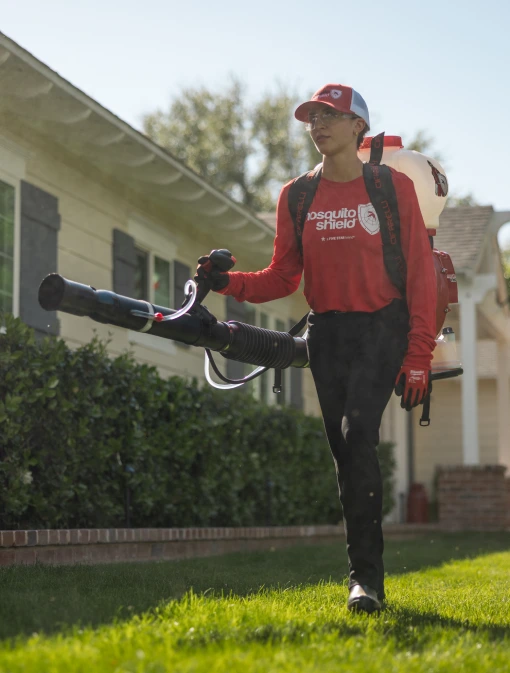Experience relaxation and peace in your Roswell backyard with our proven mosquito control solution. Trusted by families in Roswell, our innovative approach not only repels mosquitoes but also establishes a durable barrier customized to your outdoor environment. Mosquito Shield of North Atlanta is dedicated to creating mosquito-free zones, so you can enjoy your outdoor spaces without interruption.
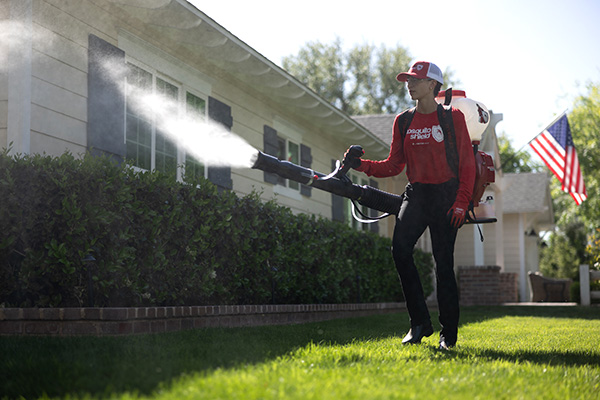
Effective mosquito control in Roswell, GA, that drives mosquitoes away and keeps them out of your yard.

Enjoy mosquito-free outdoor time in Roswell with treatments designed to provide lasting results.
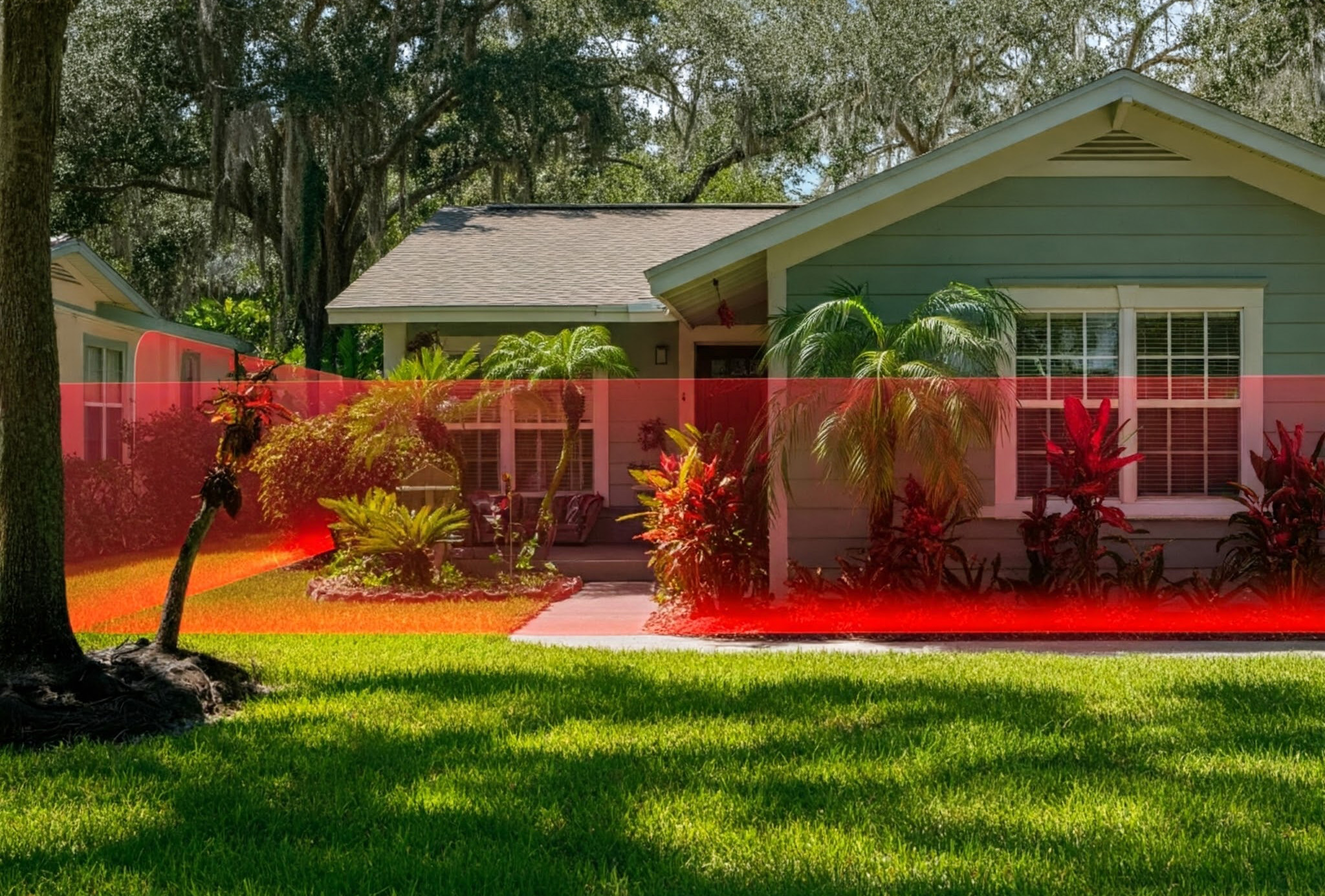
Highly rated mosquito control services in Roswell, trusted by residents to enhance outdoor living.

Roswell is a picturesque city located in Fulton County, renowned for its rich history, charming downtown, and abundant green spaces. With its perfect blend of cultural attractions and natural beauty, Roswell offers something for everyone. Key highlights include:
Roswell’s outdoor charm and community spirit make it an exceptional place to live—and a hotspot for mosquitoes and ticks.
Roswell’s landscape and seasonal climate create ideal conditions for mosquitoes and ticks to thrive. Common challenges faced by residents include:
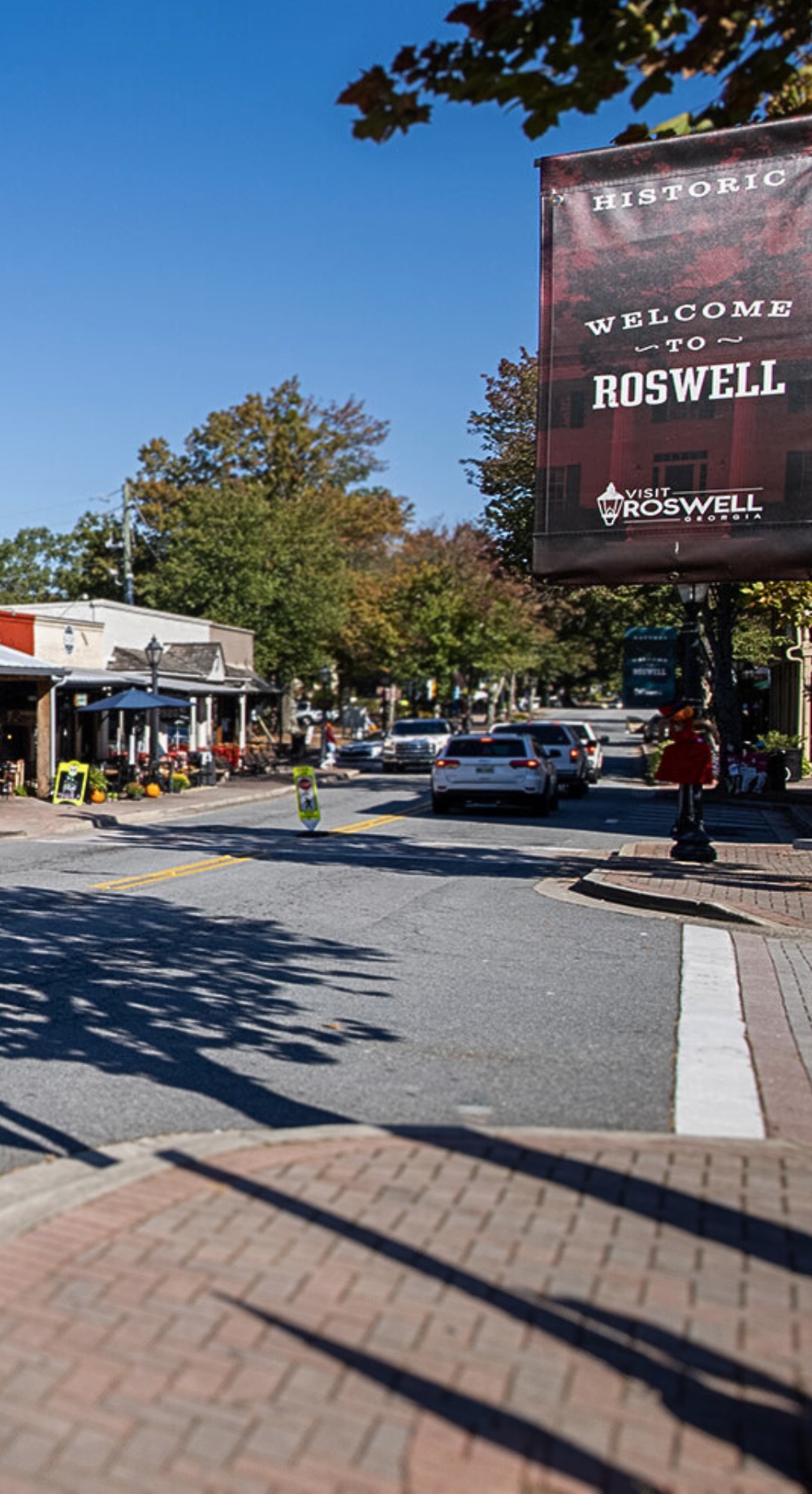
Mosquitoes and ticks are not just a nuisance; they also pose serious health risks. These include:
To reduce mosquito and tick populations, Roswell residents often combine personal and professional strategies:

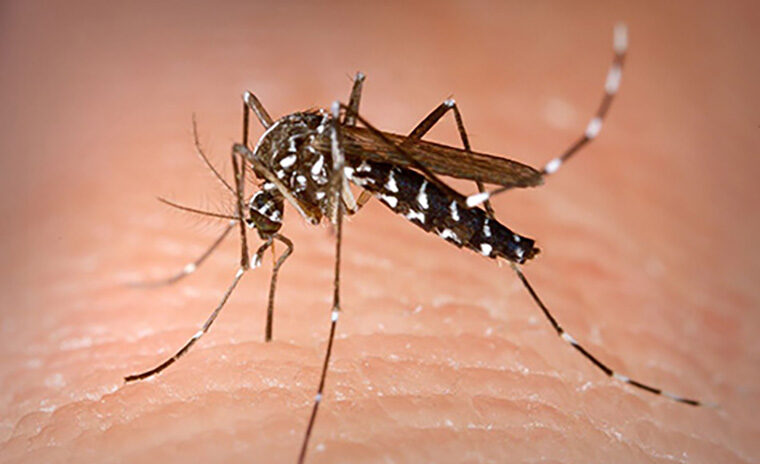
Identification: Small, black mosquito with white leg stripes and a lyre-shaped pattern on its thorax.
Habitat: Thrives in urban and suburban areas of North Atlanta especially in neighborhoods with standing water in planters, birdbaths, or clogged gutters.
Behavior: Aggressive daytime biter; prefers feeding on humans.
Health Risks: Capable of transmitting Zika virus, dengue fever, and chikungunya.
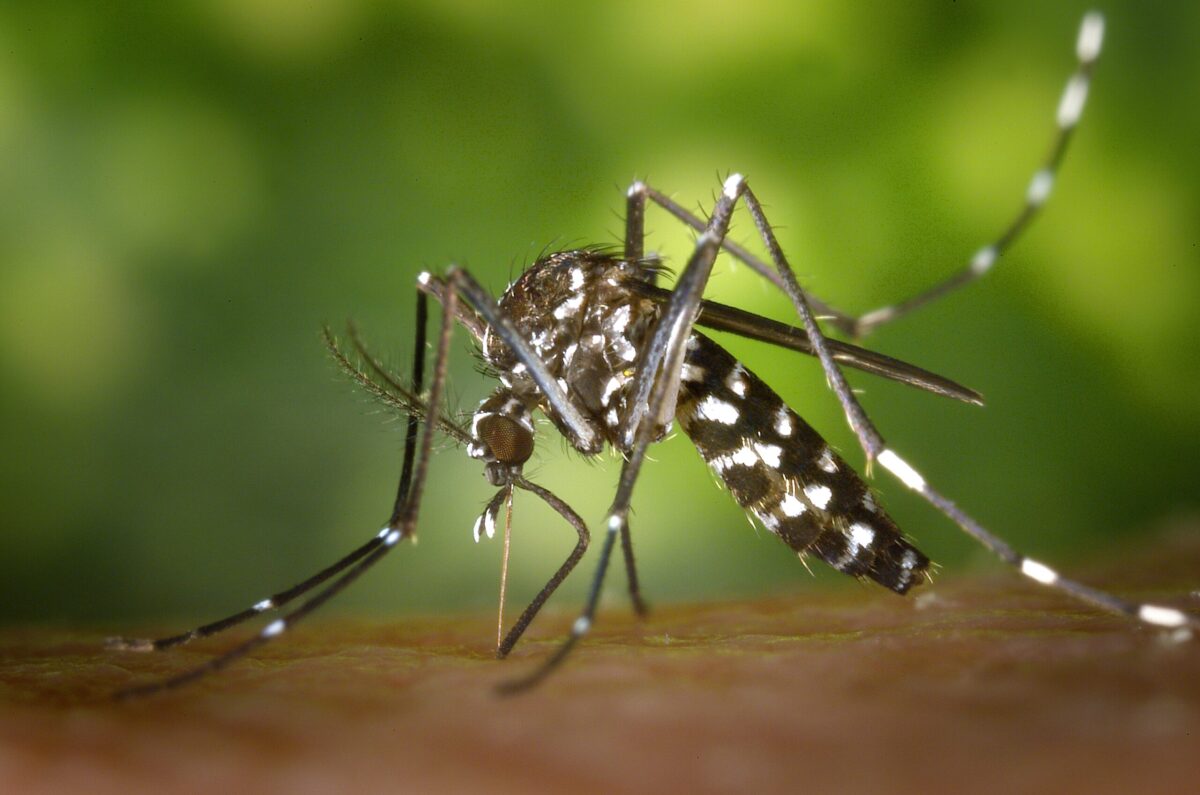
Identification: Black with a distinct white stripe down the back and banded legs.
Habitat: Common in shaded backyards, near creeks, or wooded edges of local parks like Chastain Park or along the Chattahoochee River trails.
Behavior: Bites during the day, especially around the ankles and legs.
Health Risks: Known carrier of West Nile virus, dengue, and Zika.
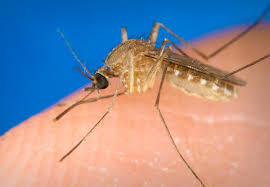
Identification: Light brown mosquito with darker stripes across the abdomen.
Habitat: Found in stagnant water sources—storm drains, neglected fountains, or low-lying yard areas after heavy rain.
Behavior: Active from dusk through night; often enters homes in North Atlanta’s denser residential pockets.
Health Risks: Primary vector of West Nile virus in the region.
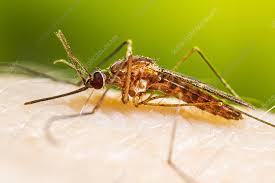
Identification: Medium-sized mosquito with four dark spots on each wing; rests at a 45° angle.
Habitat: Prefers clean, slow-moving water like retention ponds or calm tributaries around Peachtree Creek.
Behavior: Active around dawn and dusk.
Health Risks: Once a malaria vector; still responsible for itchy, persistent bites in semi-rural zones.
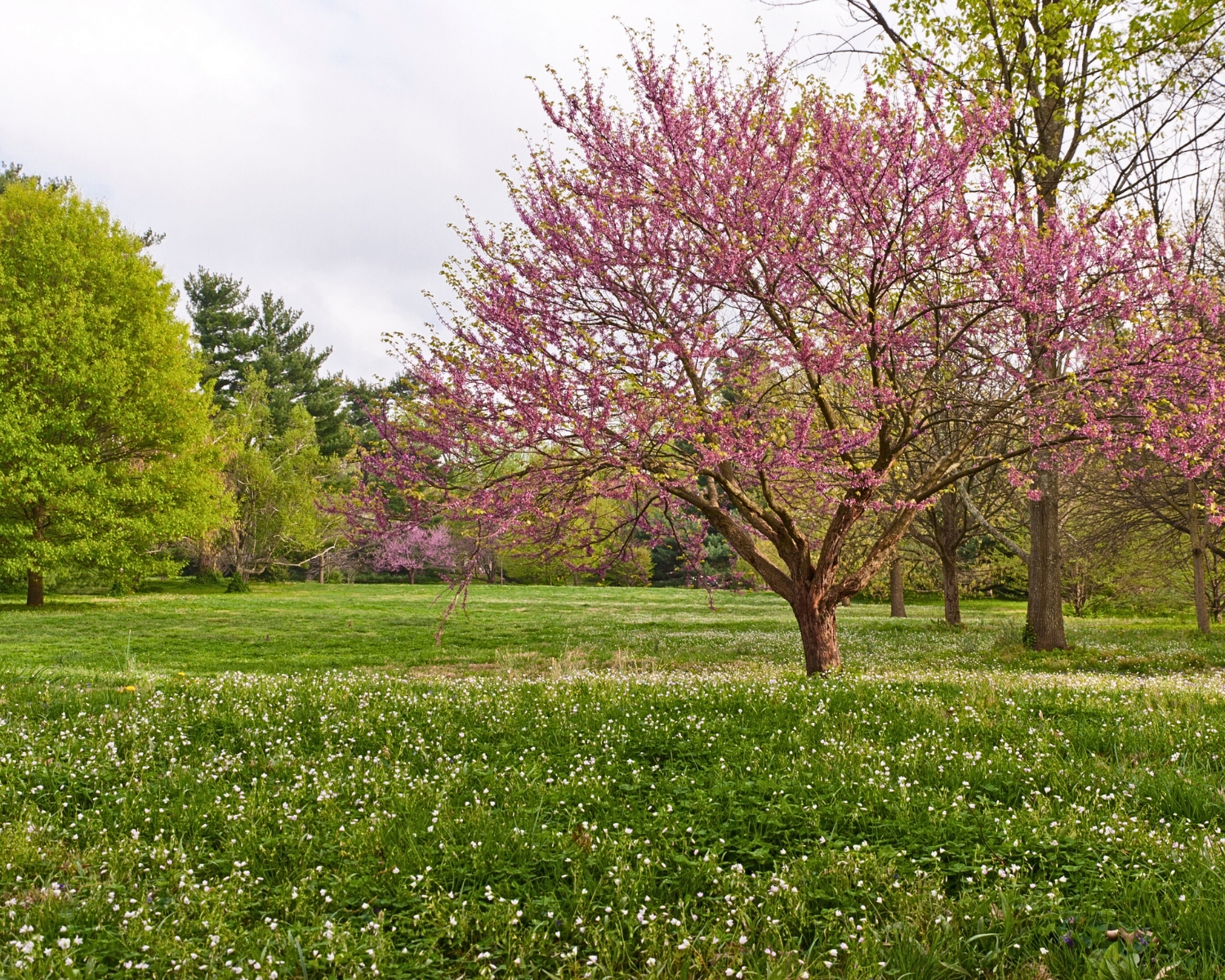
Key Activity: Mosquito season kicks off with spring rain and rising temps.
Breeding: Pollen-clogged gutters, overwatered lawns, and yard waste bins trap standing water.
Common Species Active: Aedes aegypti and Culex quinquefasciatus begin emerging.
Behavior: Biting starts in early mornings and evenings, particularly near shaded patios and greenbelt trails.

Key Activity: Peak mosquito season—hot, muggy conditions dominate.
Breeding: Standing water builds up fast around AC drip lines, pool covers, or kids' toys left outside.
Common Species Active: Aedes albopictus, Aedes aegypti, and Culex quinquefasciatus are all highly active.
Behavior: Expect all-day biting in areas like Brookhaven, Sandy Springs, and along the I-285 corridor.
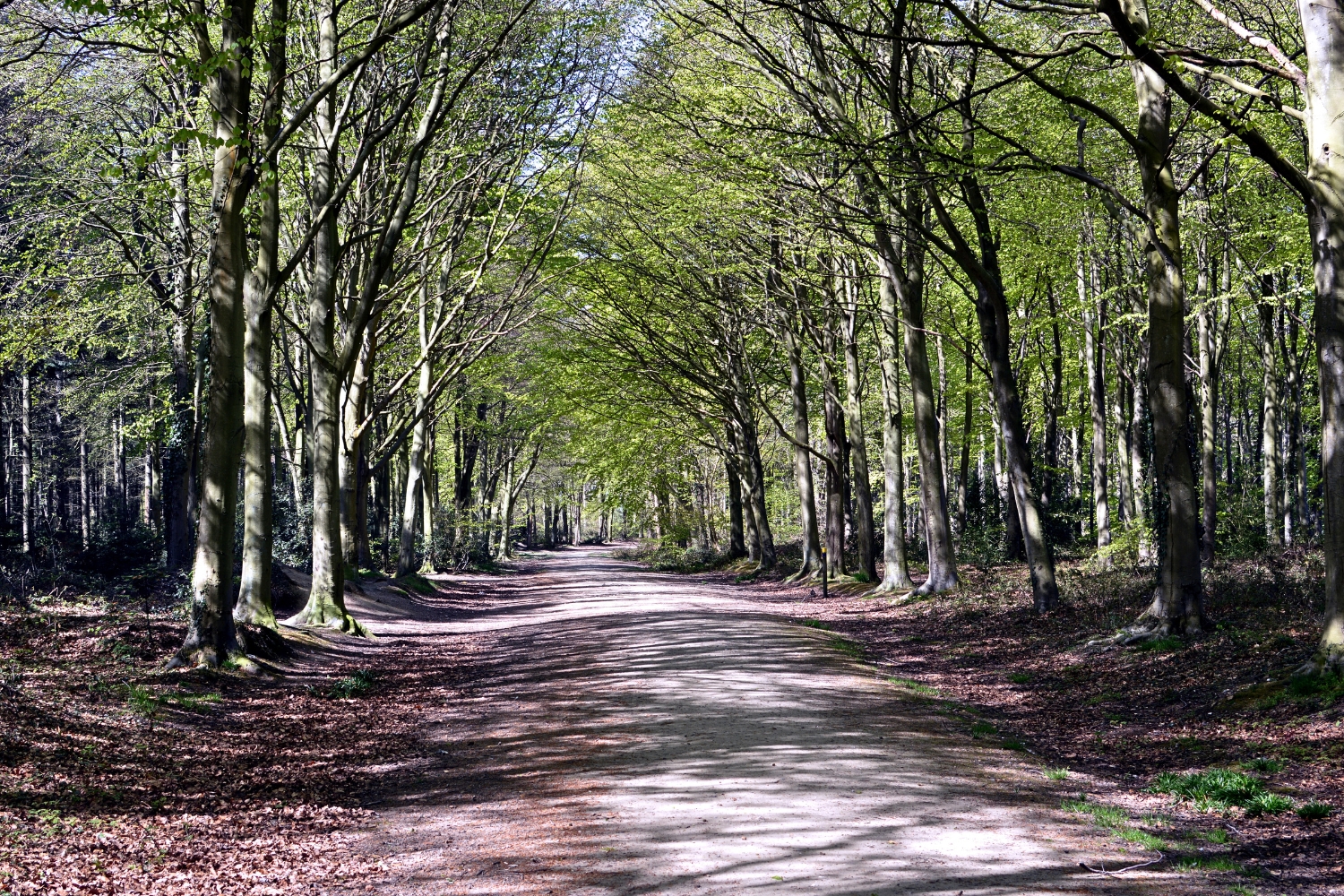
Key Activity: Mosquito activity declines but doesn’t disappear until first cold snap.
Breeding: Rain and falling leaves keep gutters and low points damp.
Common Species Active: Culex and Aedes species still linger.
Behavior: Warm fall afternoons can still bring biting pressure in wooded or shaded spots.
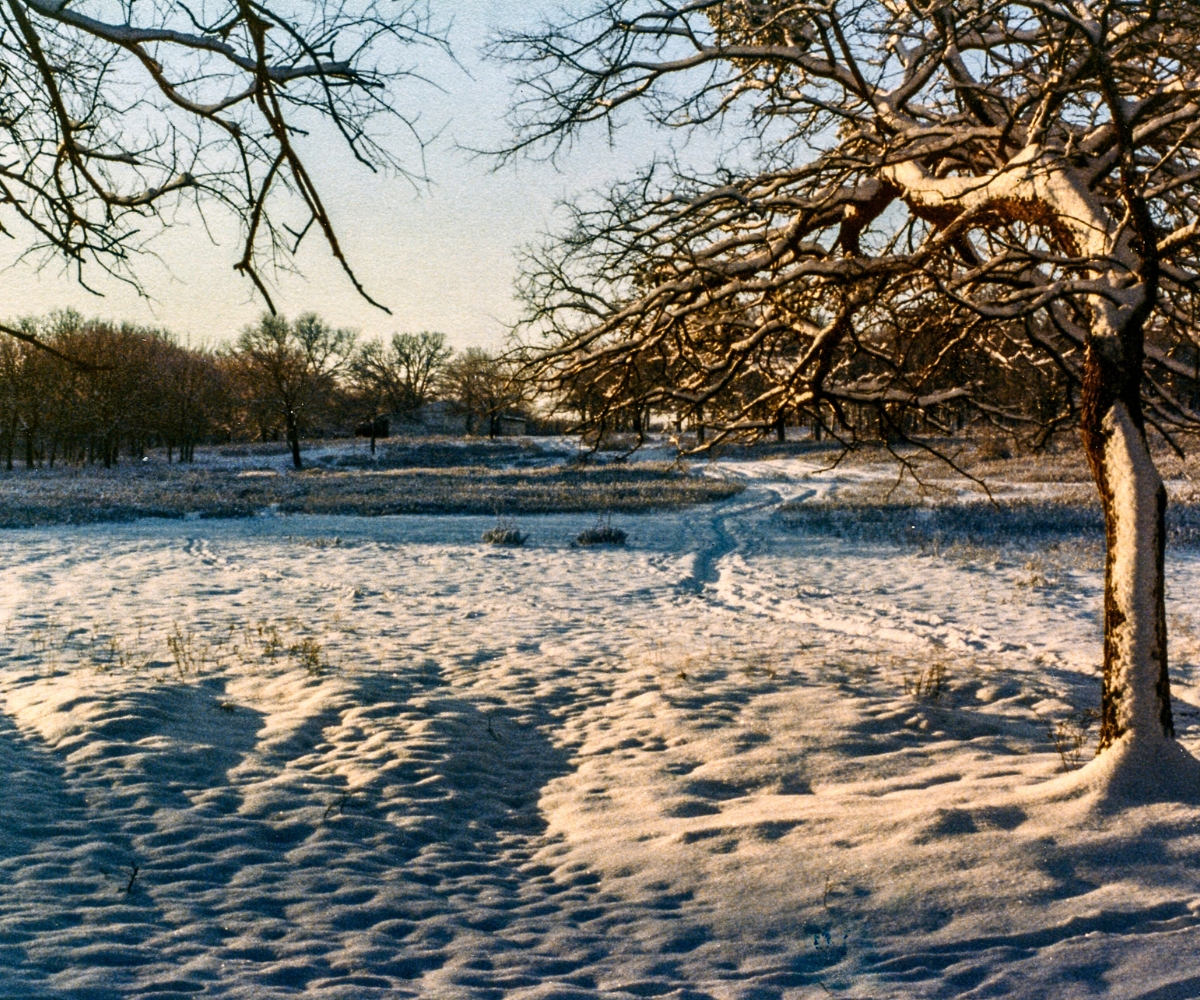
Key Activity: Cold slows mosquitoes, but activity doesn’t drop to zero.
Eggs: Aedes eggs survive dry spells and hatch come spring rains.
Adults: Culex adults may overwinter in sheds, basements, or crawlspaces.
Behavior: After a warm February rain, expect a brief mosquito resurgence.
